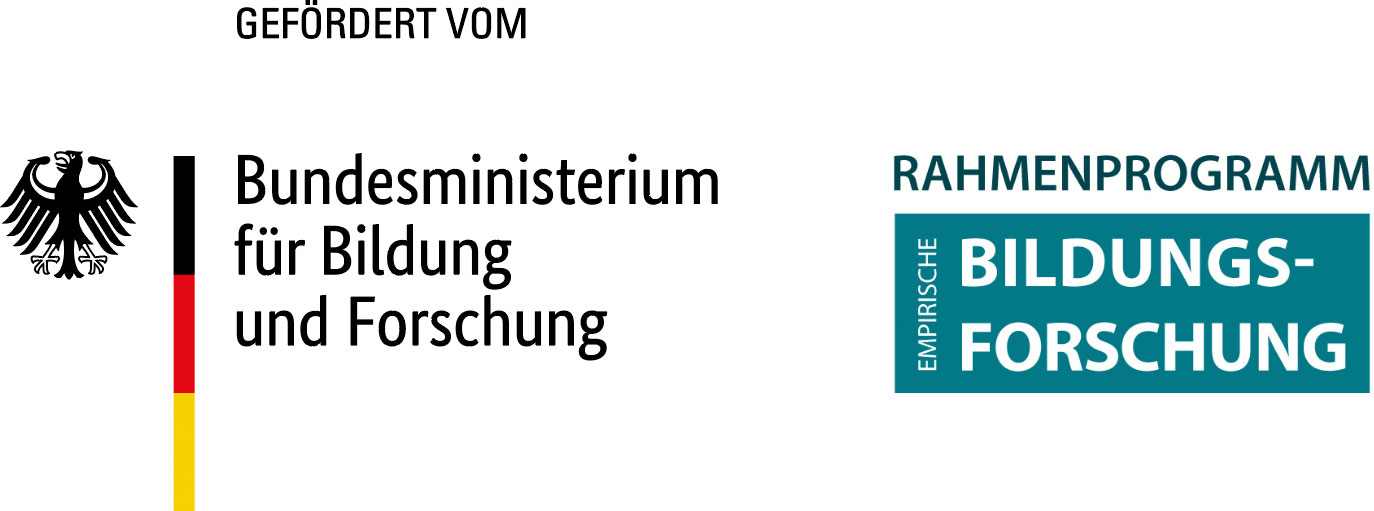DiMediCa
Digital Medical Care. Digitization processes in education and training in the health and care sector
Affiliated Partners:
- Professorship of Technical Education and Didactics, OVGU MD
- Professorship of Business Informatics, HS MD-SDL
- Junior Professorship of teaching methodology in Health Care and Nursing Science, OVGU MD-SDL
Funding Agencies/ External Source:
- Federal Ministry of Education and Research (BMBF)
Runtime:
- 01.10.2018 – 30.09.2021
Project Descript:
Prior to the development and implementation of new digital systems, it is a necessity to already consider the conditions of success of such system launches in the health care and nursing science, due to complex challenges, during vocational education with multilevel analysis. The knowledge gained, in form of design guidelines, leads to a theory that takes sociological, cultural and structural prospects into account. The objective project plan “DiMediCa” is to carry out empirical investigations on the conditions of successful implementation and the use of digital applications in educational institutions for health care and nursing science in order to promote digital skills while having regards to a gender-orientated perspective. In order to achieve this prospective, the joint project is divided into the following subprojects:
Structural and cultural prospect: Which organisational and cultural strategies support the implementation of digital applications in the vocational education of the health and care sector?
For the implementation and use of digital applications it is a necessity to identify the cultural and organisational resistance in vocational schools for health- and nursing care, as well as in the responsible institutions for the practical part of the vocational education (e.g. teaching hospitals, nursing homes, care providers). Due to an actual state analysis that is enriched with qualitative problem-focused interviews, the required current state as well as problems on the structural level are determined. The derived theses lead to the development of strategies dealing with the handling of detected barriers and hindrances, that will be tested. By means of a complementary image interpretation based on the documentary method (Bohnsack 2003), a gender-sensitive perspective evaluates on how digitisation is demonstrated in vocational schools and appropriate training organisations. The basis for it is the published data material (e.g. flyers, homepage, publications) of the organisation. In this context, the method of a documentary image interpretation promises a vast and fast gain of knowledge on the past life of digitisation within the organisations, since this cultural orientation is documented in the material. The objective is a national comparing analysis between Austria and Russia.
Sociological Perspective: Which design criteria has to exhibit personalised teaching and learning environment?
For the successful implementation and use of digital applications in the vocational education in the health and care sector, an optimal and gender-sensitive organisation of virtual as well as real-world teaching and learning environment and technology is an obligatory condition for success. Out of an individual perspective, an empirical study is necessary for the perception and handling with digital applications. Such analysis visualizes the opinions, challenges and uncertainties on the use of digital applications in the learning and teaching environment of the health and care sector. A mixed-methods-design of qualitative and quantitative instruments for surveys makes perceived barriers of students in interaction with digital applications visible. Qualitative, problem-oriented Interviews and observations result in the generation of hypotheses, which will lead to a questionnaire that has a nationwide use. The results of the surveys are used as basis for the development of strategies for the usage of digital media and ICT in the vocational education of the health and care sector.
Scientific Accompanying Research
The subproject C focusses on the question of the potential for digitisation in the nursing care and the thereto related demands upon apprentices focusing on gender-sensitive contemplation. The resulting research questions are: What are the media skills of apprentices in the health and care sector of Saxony-Anhalt?” (C1) and “How are media competences represented or rather promoted in the vocational teaching and in the practical experience of the apprentices?” (C2). For the investigation of the first question (C1) a hereupon following measurement of the digital competence is implemented by means of a quantitative study with the use of a GTCU-survey-instrument. The survey instrument is supplemented with a questionnaire for the vocational education of gender-sensitive awareness. The participants are apprentices of the health and care sector in Saxony-Anhalt. The research interest (C2) is the interest in insights on integration of innovation with regard to the encouragement of digital competences of apprentices of the health and car sector. Therefore, the process of digitization in vocational schools of non-profit sponsors with practical experience (Caritas, Johanniter) is compared to those of independent sponsors, who do not offer their own health and nursing service besides the vocational education. A randomised selection by the GTCU survey undermines a qualitative analysis (Facereader Emotion, Eyetracking) of the digital competences by means of an applied apprenticeship-software and general digital application products of the department (e.g. digital patient record). The individual use of the software for the apprenticeship in vocational schools is the basis of an intervention study, that constitutes the differences of digitization strategies in vocational schools considering their success.
